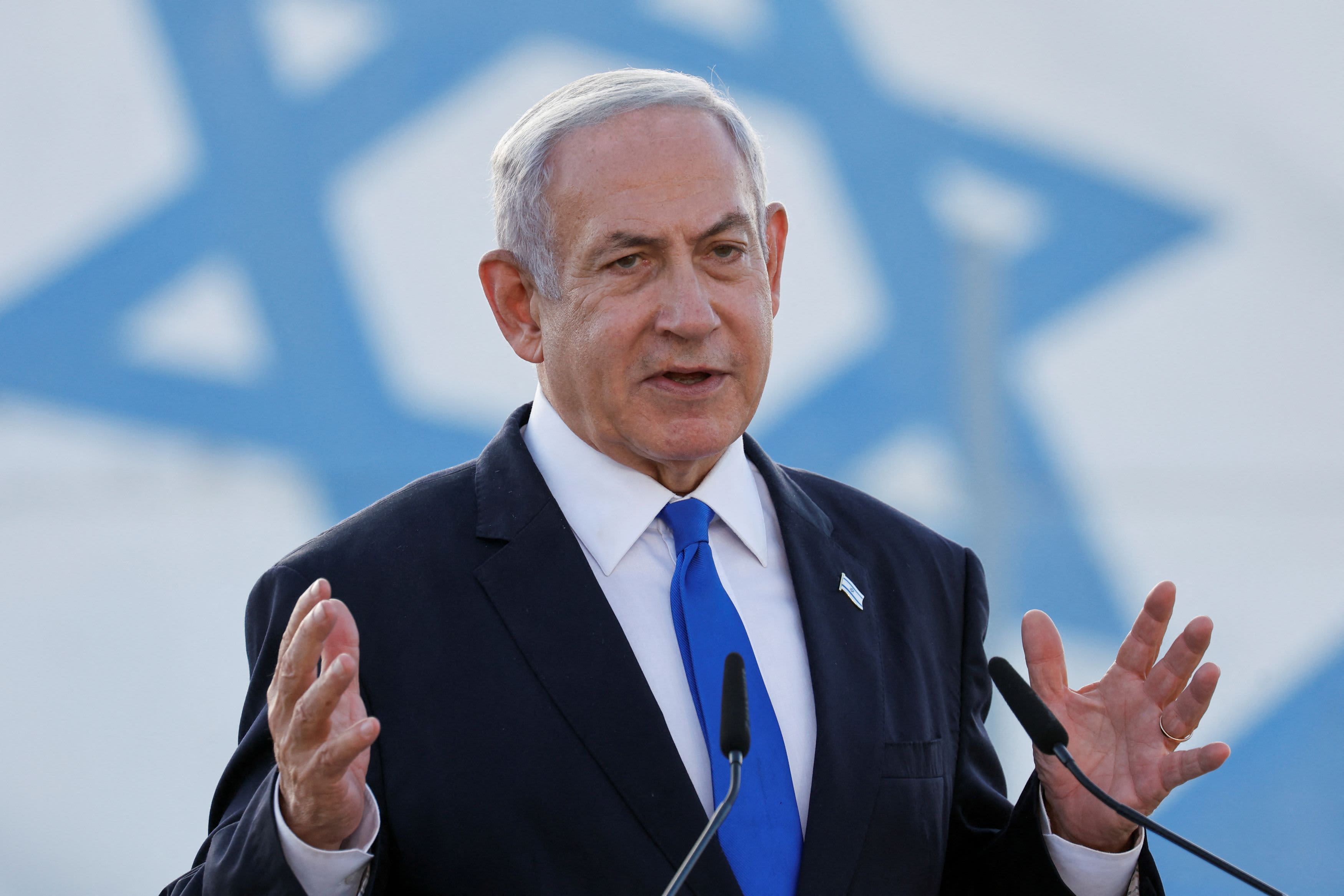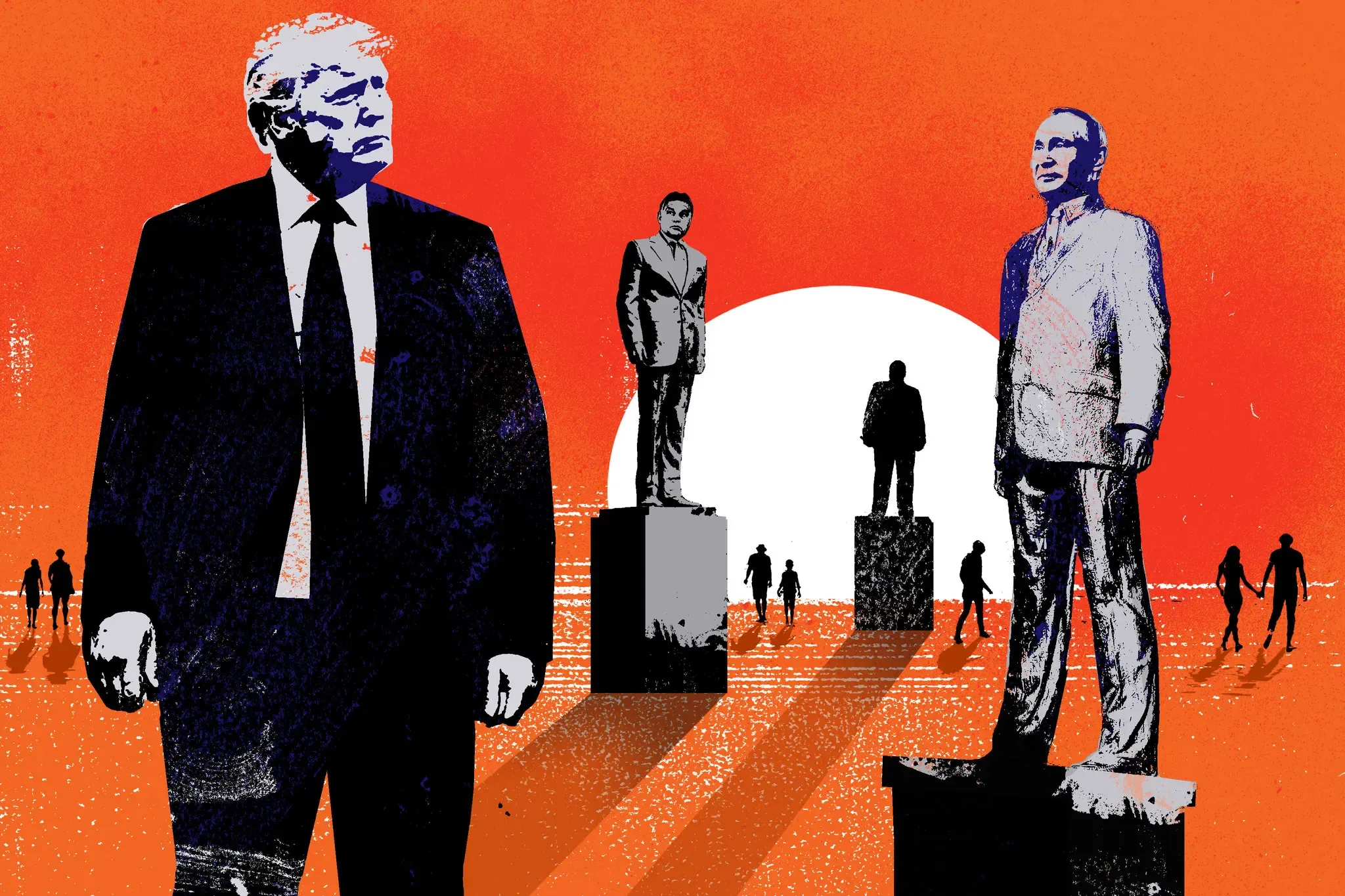Published with the generous permission of Ruth Ben-Ghiat. Read all of her outstanding writing in her Lucid newsletter.
By Ruth Ben-Ghiat
"An eye for an eye," a concept of justice of Biblical and ancient origins, translates into practices of harm that can leave both parties without vision. This leads to further acts of "blind fury," as it's called, and to cycles of violence that create more victims and also more perpetrators who cannot contemplate another way of being in the world. Peace, and ideas and ideals of peaceful coexistence, vanish from the horizon.
And so it is with Israel and Palestine. The attack by the terrorist organization Hamas on Oct. 7, which killed over a thousand Israelis, took over 200 people hostage, and produced traumatic footage of Hamas atrocities, was likely intended to provoke a war. As a full-scale invasion, it destroyed Israel's belief in the invincibility of its military and security capacities and Hamas knew there would be a response that would not be limited to its fighters alone. Now Israeli military vengeance against Hamas and Palestinian civilians has in turn sparked outrage at Benjamin Netanyahu's right-wing government and any country, the United States included, that remains its ally.
Before the war started, most Gazans did not identify with Hamas's fundamentalist ideology. Hamas' ultimate goal, as expressed in its original 1988 charter, is "the complete destruction of Israel," whereas the majority of Gazans surveyed by Arab Barometer just before Oct. 7 supported a two-state solution for Israel and Palestine. Just weeks later, that seems like a mirage. On social media and in the streets, Israel has lost the information war, and the grave humanitarian crisis unfolding in Gaza due to Israeli bombings and sieges has created fervent global support for the Palestinian cause and Hamas as its privileged defender.
Some see the Hamas attack as terrorism, others as a tragic outcome of a cycle of violence that started with the Israeli occupation or as a righteous strike by a "progressive" "social movement," in the words of the gender theorist and self-appointed Global South spokesperson Judith Butler. Yet one thing stands out: the turn away in many from peace, from any hope of achieving justice by peaceful means, and from the idea that dialogue is possible and even valid in this situation. The ideal of a negotiation to reopen the way for a two-state solution is unpopular even among many who are calling for a cease-fire.
The atmosphere of demands for blood as retribution has contributed to the latest spiral of hatred that reaches far beyond the Middle East. One vector, directed against Jews, builds on a new wave of antisemitism which has now found its latest moral justification. In the past days, that has translated into bomb threats to Jewish schools in Paris, mobs descending upon a Dagestan airport to hunt down Jews, and racist language and threats on U.S. university campuses in New York and other states. "Jews are human animals and deserve a pigs death. Liberation by any means," wrote a user named "hamas" on Cornell University's Greekrank forum.
The other vector of violence, directed within Israel at Palestinians and, increasingly, at Arab Israelis, exploits traditions of racist and dehumanizing policies among Israeli occupation authorities that had been normalized for years. To get back into power in Dec. 2022, Netanyahu partnered with ultranationalist and ultra-religious forces, who include settler communities who desire a Jewish ethno-state. Netanyahu's Minister of National Security, Itamar Ben-Gvir, was convicted in 2008 of inciting racism and supporting a terrorist organization.
Ben-Gvir and Netanyahu hardly represent most Israelis, who protested against Netanyahu’s authoritarian “judicial reform” for months. Netanyahu’s popularity has plummeted further since Oct. 7, and 56% of Israelis (including 28% who voted for one of the far-right governing parties) now believe that he should resign when the Gaza war ends.
Strongman history suggests that an unforced resignation by Netanyahu is highly unlikely, and that the lower his ratings fall, the more he will be motivated to triumph militarily at any cost.
He has already done immense damage, along with his far-right partners, by legitimating the idea that violent rhetoric and action are the best way forward for Israel. As for Hamas, in these circles a two-state solution is out of the question (some charge that Netanyahu tolerated and even empowered Hamas to make sure the political will for a two-state solution remained weak).
This pre-existing climate is how we arrive at Israeli Jews now terrorizing Israeli Arabs in their dorms at Netanya College by chanting "death to Arabs." And how Israel's Defense Minister Yoav Gallant feels it is acceptable to say "[w]e are fighting human animals" and "we will eliminate everything."
It is symptomatic that Netanyahu has courted Vladimir Putin's favor over the last year, by following a policy of nonintervention regarding Russia’s war on Ukraine, only to see Putin now pursue closer ties with Iran —which funds and arms Hamas—along with China and North Korea. What unites all of these governments is their profound fear of and disdain for peace.
Warmongers, terrorists, fundamentalists and autocrats are all dedicated to chaos, repression, and hatred: these overlapping categories of people cause and benefit from spirals of violence. Rather than coexistence and solidarity within and among nations, they encourage lawlessness and use disinformation and repression to keep people at a fever pitch of vengefulness that will prolong conflict. What they fear most is not war, but peace and understanding. Taking action based on the mindset of an eye for an eye blinds everyone, and that is how they like it.












